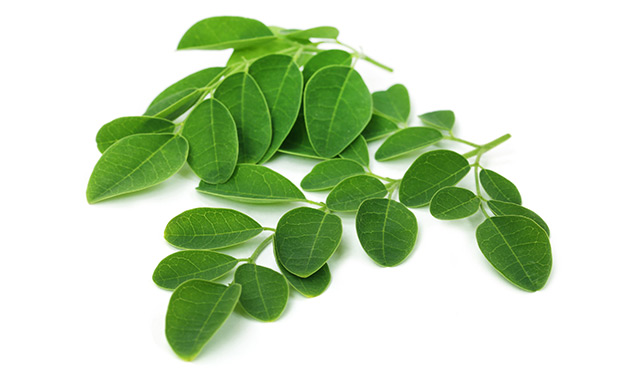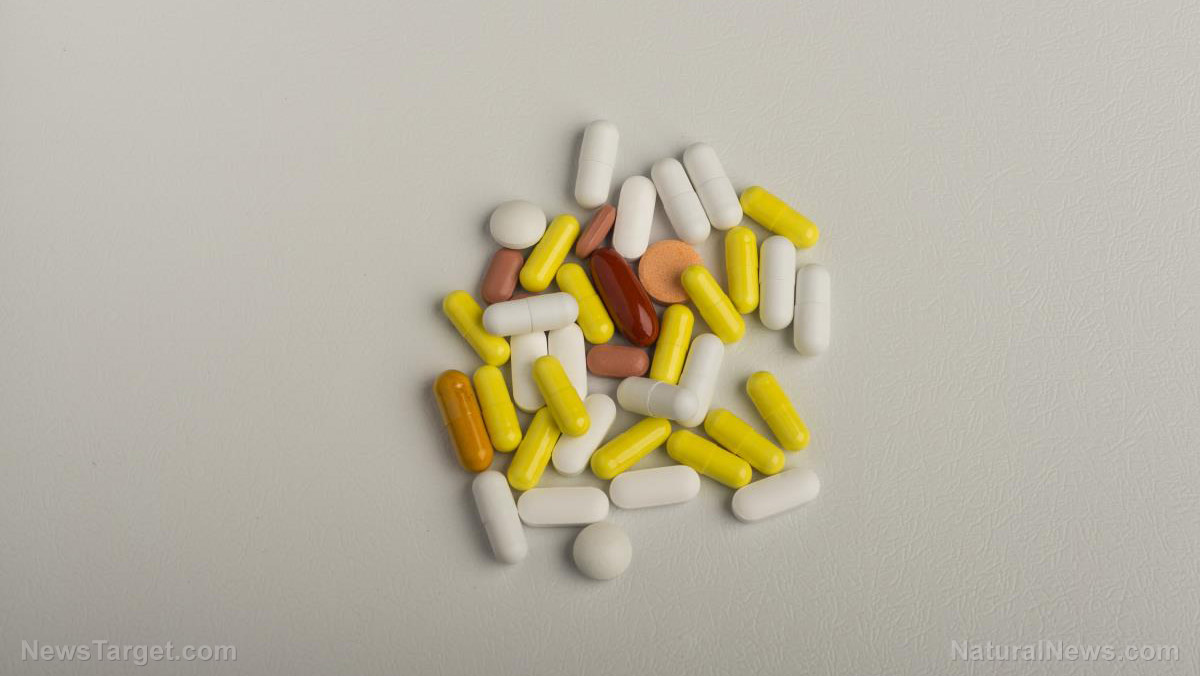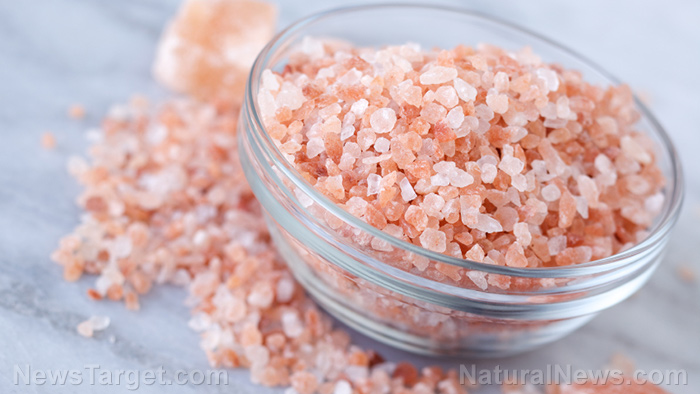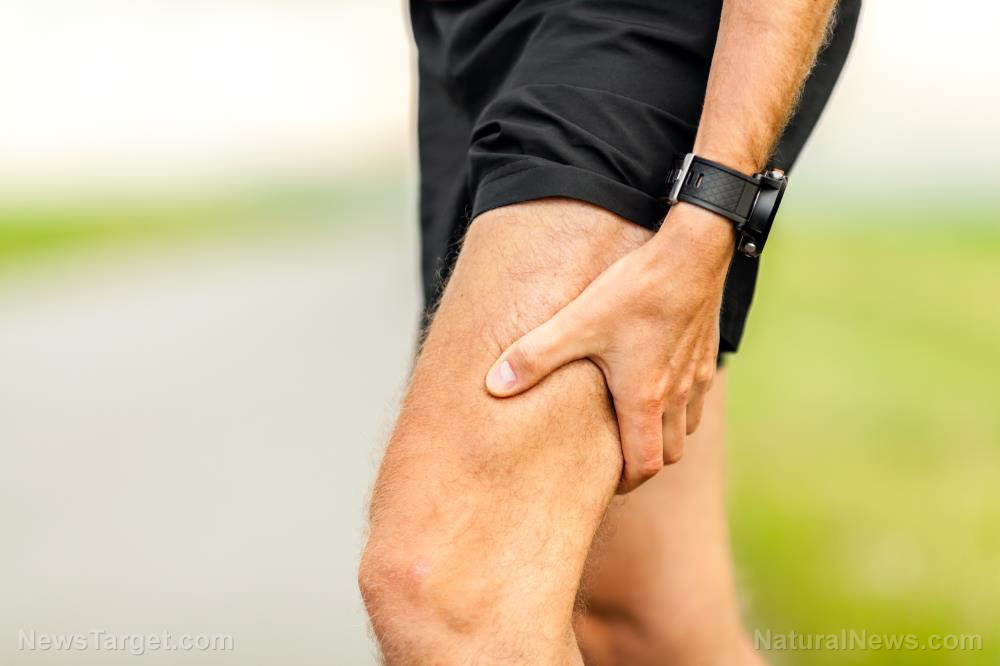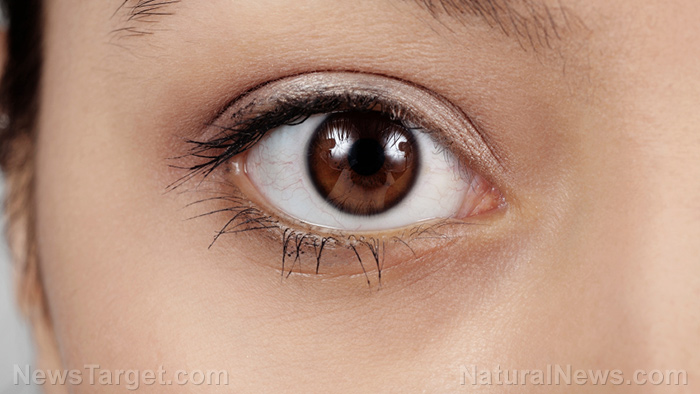Go Mediterranean after menopause: Good for more than your heart, the diet is linked to better bone density and higher muscle mass
05/07/2018 / By Michelle Simmons
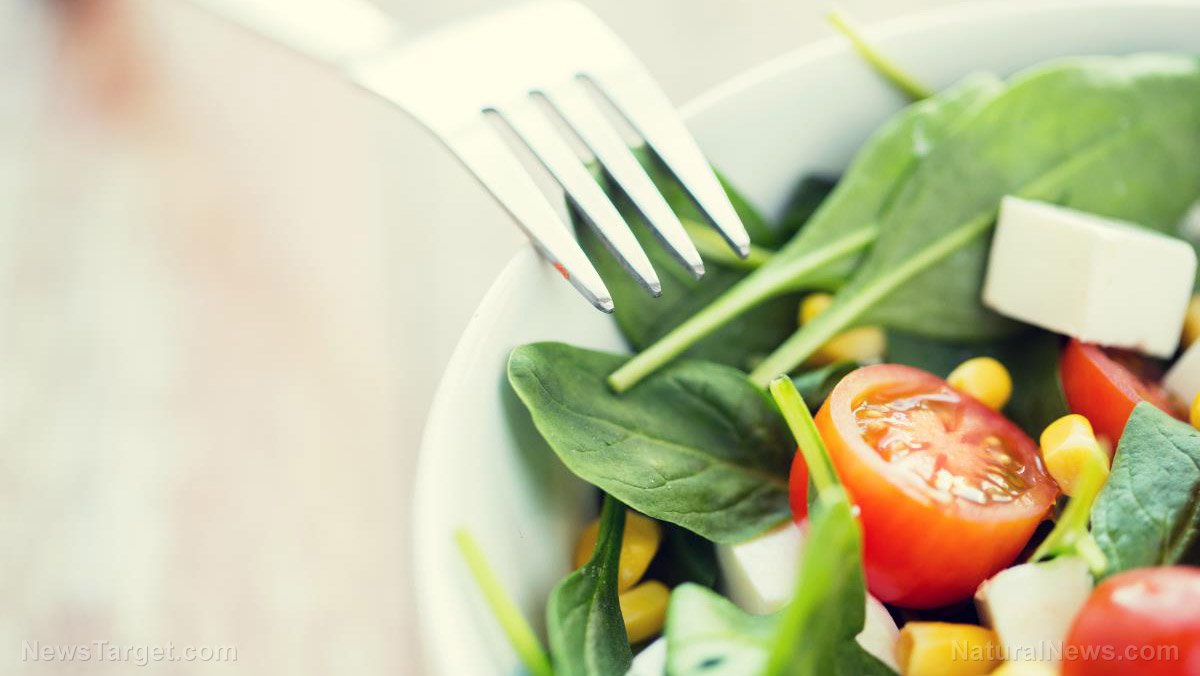
Keep your bones strong and healthy even after menopause by eating a Mediterranean diet. A study suggested that in addition to its heart-healthy benefits, the Mediterranean diet can also support the bone density and muscle mass of postmenopausal women.
In the study, the researchers at the Universidade Federal do Rio Grande do Sul in Brazil recruited 103 healthy women from southern Brazil. The participants had an average age of 55 and underwent menopause an average of 5.5 years prior. Bone scans were conducted in order to determine their bone mineral density, total body fat, and appendicular lean mass. In addition, they completed a food survey regarding the food they ate in the previous month.
The results of the study showed that postmenopausal women who adhered to a Mediterranean diet had higher bone mass and muscle mass compared to those who did not adhere to a Mediterranean diet. The Mediterranean diet is composed of high amounts of fruits and vegetables, grains, potatoes, olive oil, and seeds; moderately high amounts of fish; low amounts of saturated fat, dairy and red meat; and regular but moderate intake of red wine. This kind of diet was also associated with a lower risk of heart disease, diabetes, cancer, and other chronic illnesses. (Related: Mediterranean diet can reverse metabolic disorder, lower risk of diabetes, obesity, heart disease.)
Greater adherence to the Mediterranean diet was significantly linked with greater bone mineral density measured at the lumbar spine, and with greater muscle mass. Other factors, such as their hormone therapy history, previous smoking behavior, or level of physical activity, did not affect the outcomes of the study.
“We found that the Mediterranean diet could be a useful nonmedical strategy for the prevention of osteoporosis and fractures in postmenopausal women,” Silva said.
Silva said that their findings are important because menopause accelerates a woman’s loss of bone mass and muscle mass. This, in turn, increases the risk of osteoporosis and broken bones. She also explained that declines in skeletal muscle mass and strength in older people are main causes of increased illness and injury (such as falling down), lowered quality of life (loss of independence), and higher death rates.
The findings of the study were presented at ENDO 2018, the 100th annual meeting of the Endocrine Society.
Staying fit even after 50
Aging is inevitable. As women reach their 50s, which is the average age of the menopausal stage, their bodies also change. In aging women, weight gain is common because of the reductions in muscle mass, the buildup of excess fat, and a lower resting metabolic rate. Changes in hormones also increase overall risk for heart disease and stroke. Moreover, the loss of stomach acid reduces the absorption of certain nutrients from food.
In addition to eating healthily, such as adhering to a Mediterranean diet, exercising regularly is also a key to staying healthy as you age. Exercising will not only help prevent weight gain, but it will also keep the heart and bones healthy. Aerobic exercises, such as walking, jogging, swimming, biking, and dancing, also help increase HDL or the “good” cholesterol levels in the body. Weight-bearing exercises, like walking, running, and moderate weight training, help increase bone mass. Moderate exercise helps maintain bone mass in the spine and prevents fractures in postmenopausal women.
Moreover, exercising can improve mood and help the body fight stress. Endorphins are released in the brain when a person exercises. Other healthy lifestyle changes that can help you stay fit even after the age of 50 include avoiding smoking and reducing stress.
Read more news stories and studies on aging healthily by going to Longevity.news.
Sources include:
Tagged Under: aging, bone, bone density, bone health, broken bones, Diets, eating healthy, good diet, good nutrition, heart disease, lifestyle changes, longevity, Mediterranean diet, menopausal women, Menopause, metabolic rate, metabolic syndrome, muscle, muscle mass, older people, osteoporosis, postmenopausal women, prevent disease, proper diet, proper nutrition, slender, stroke, women, Women's Fitness, women's health




